Jean-Claude Bourdin
jclbourdin@gmail.com; Orcid: 0009-0001-2488-0319.
“Communism of spirits”. Hölderlin with Saint Paul
Abstract: The intention of this article is to identify what the short text attributed to Hölderlin might evoke in relation to the enigmatic title, which is not his own, “Communism of the spirits”. It will highlight Hölderlin’s ideas on community and show that the ‘communist’ passages in his writings are paraphrases of St Paul. Hölderlin argues that community is what we lack. His conception of community is based on an ontology of being as One and All immanent to individuals. It … Continua a leggere


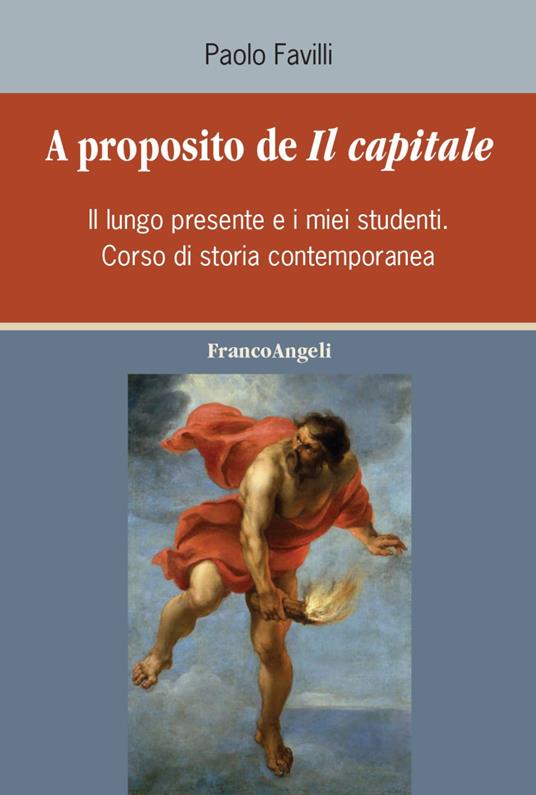
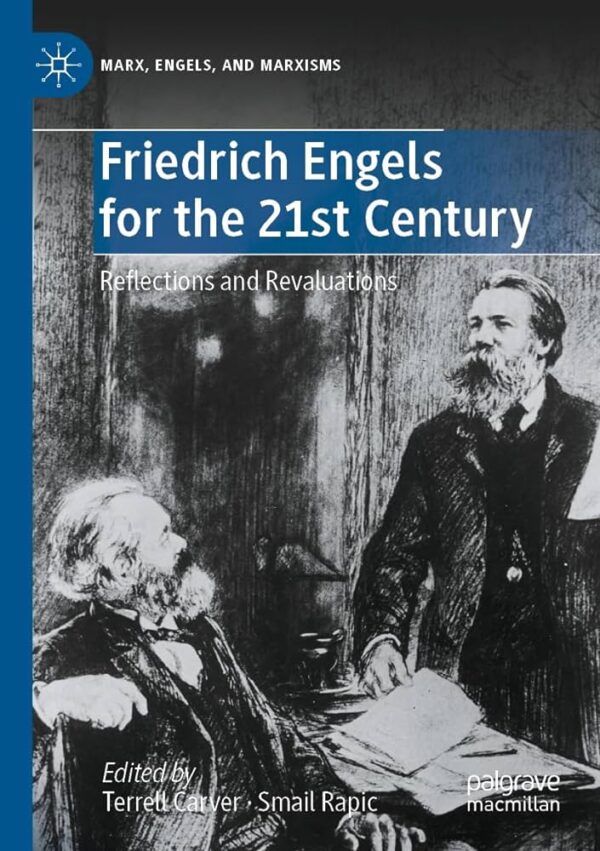
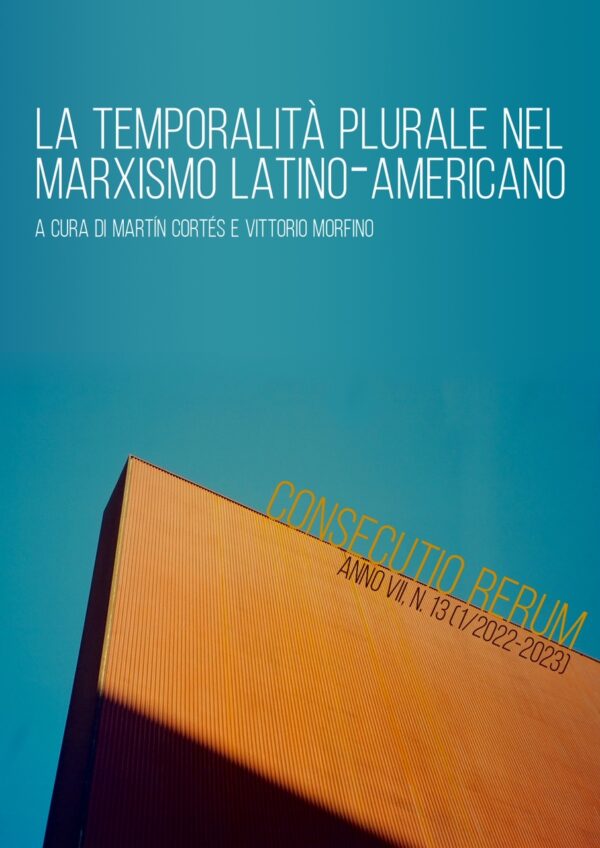


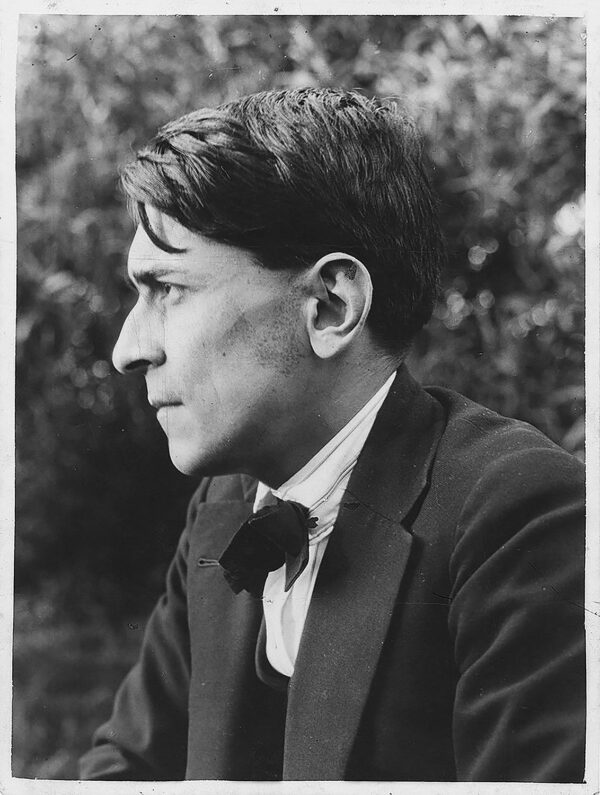
 René Zavaleda Mercado
René Zavaleda Mercado
 José Aricó
José Aricó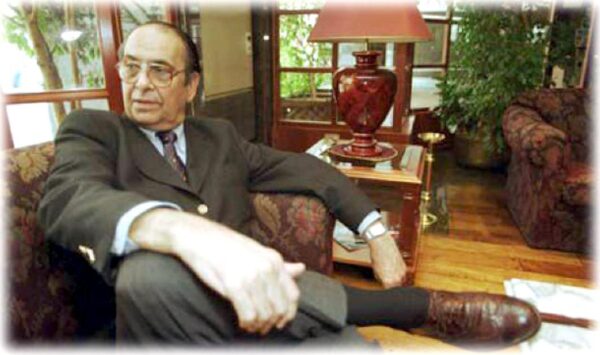

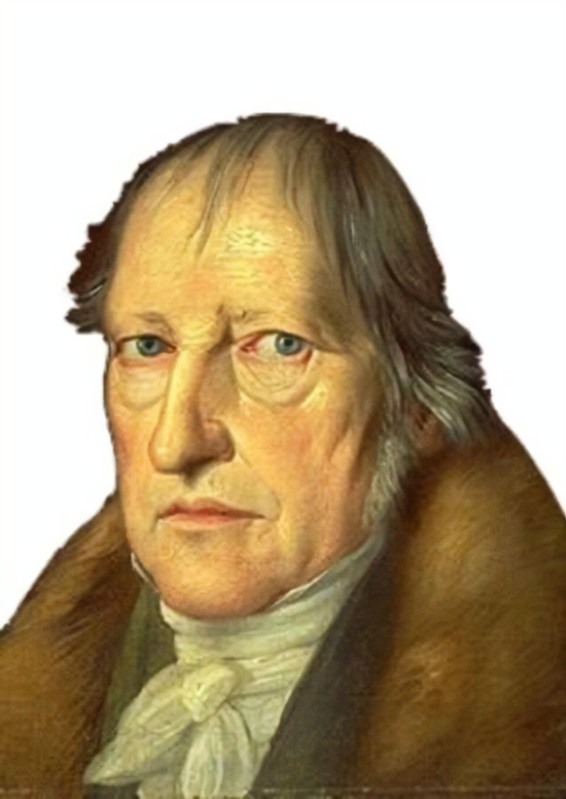
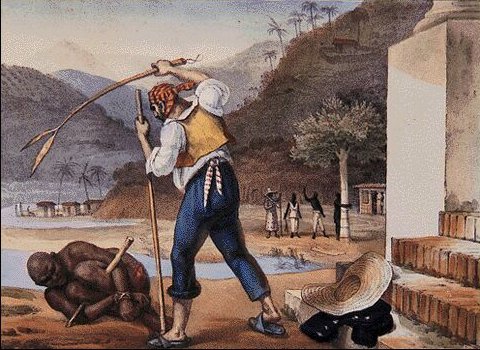 Schiavitù in Brasile, Jean Baptiste Debret
Schiavitù in Brasile, Jean Baptiste Debret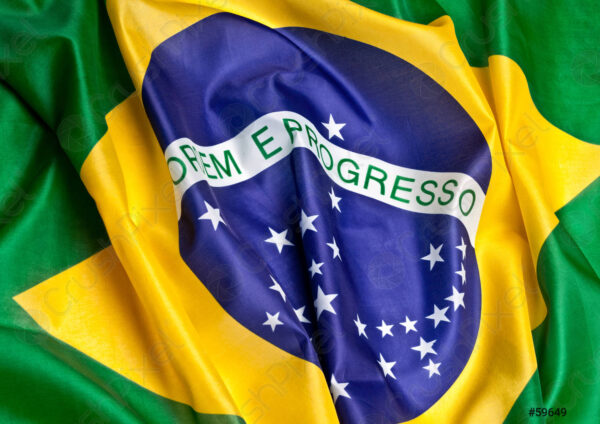

 Chantal Mouffe
Chantal Mouffe
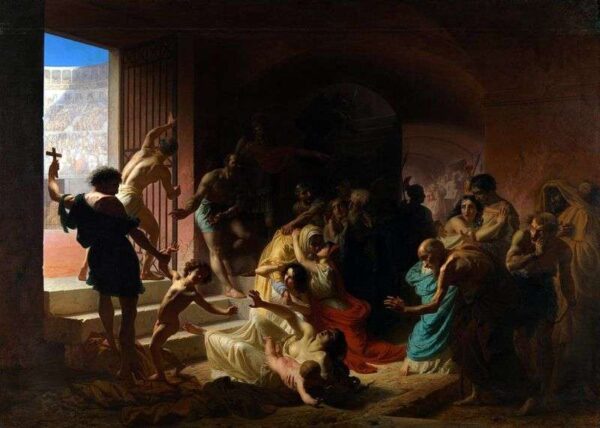
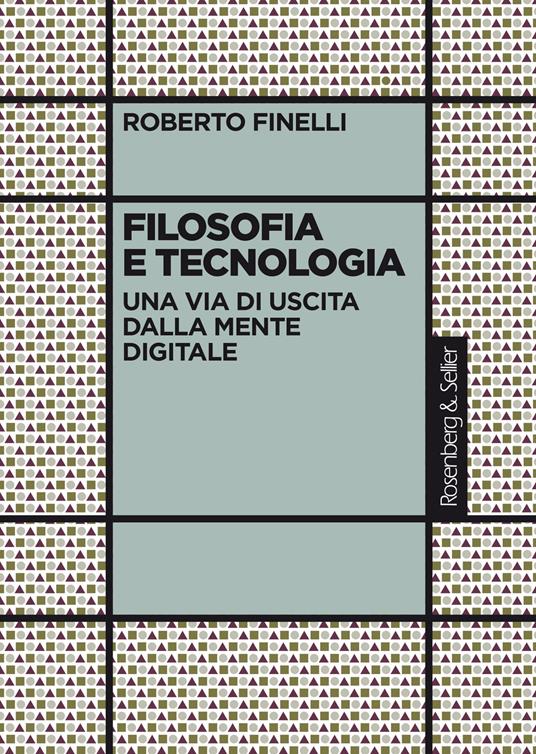
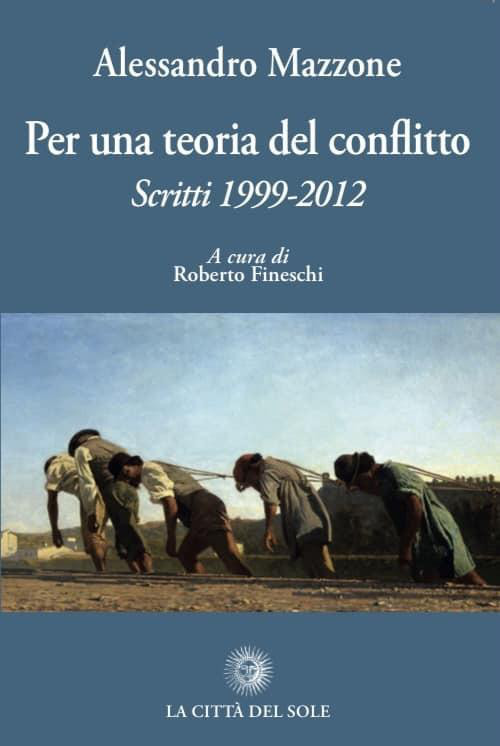
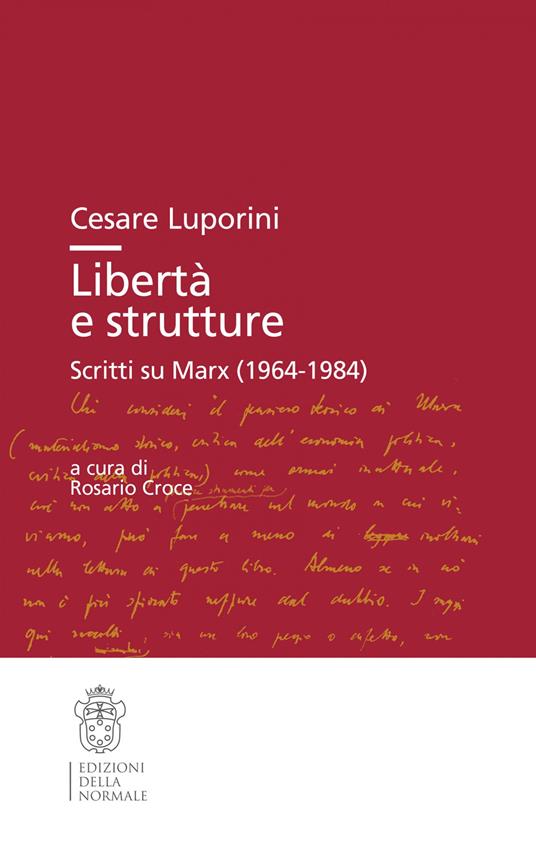
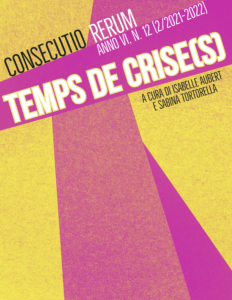



 invio in corso...
invio in corso...